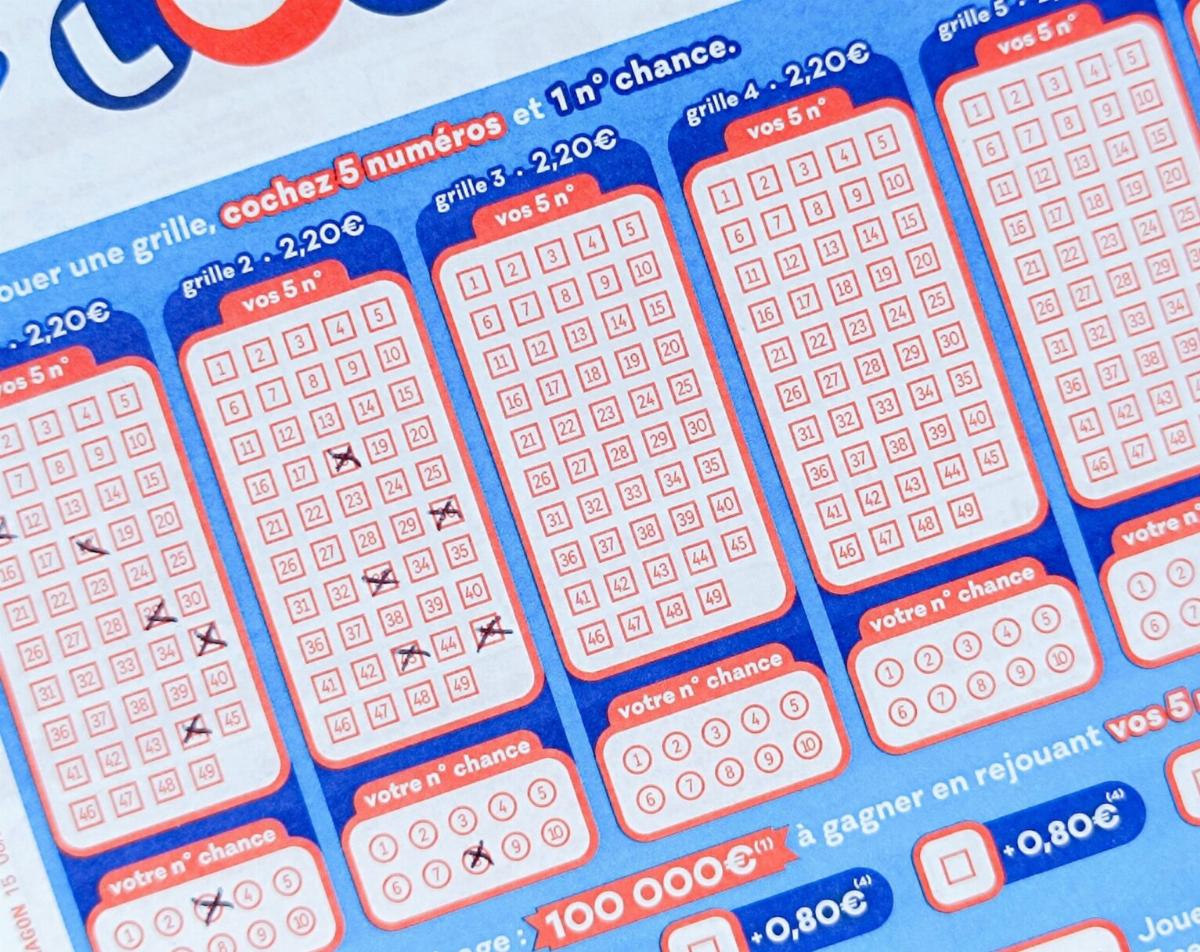
A mathematician has discovered that you can increase your chances of winning the lottery - which numbers to bypass
While the odds of winning the lottery are approximately one in 300 million, mathematician Ryan Garibaldi suggests that it is not entirely impossible to win, especially if strategic methods are applied. According to Garibaldi, a key to improving your chances lies in avoiding popular number choices, such as birthdates, which are commonly selected by many participants. This leads to a higher likelihood of sharing the jackpot with others.
Garibaldi, in an interview with WIRED, emphasized the importance of avoiding predictable patterns when selecting numbers. "Don’t just pick a column of numbers or follow typical patterns, as many people tend to do that," he explained. Americans spend close to $100 billion annually on state lotteries, often hoping for life-changing wins, but most walk away without any substantial earnings. The largest Powerball jackpot, which reached $1.586 billion in 2016, was split between three tickets from California, Florida, and Tennessee.
One of Garibaldi's recommendations is to buy tickets in states where fewer people participate in lotteries. For example, in 1999, Oregon had an $18 million jackpot, but relatively few tickets were sold, making it less likely that the prize would be shared among multiple winners. "Buying tickets in states with lower ticket sales can increase your chances of keeping the full prize to yourself," Garibaldi added.
The mathematician also highlights using online resources to maximize winning potential. Websites such as scratchoff-odds.com provide valuable information on available tickets and remaining prizes. For those interested in lotteries with better odds, Garibaldi advises participating in games that involve guessing a four-digit number with repeated digits, such as 1122 or 1212. According to him, the odds of winning in such games are significantly better, and successful bets in most states result in an $800 payout.
These strategic tips aim to give lottery players a better chance, though the inherently low odds of winning remain.
Stichworte







